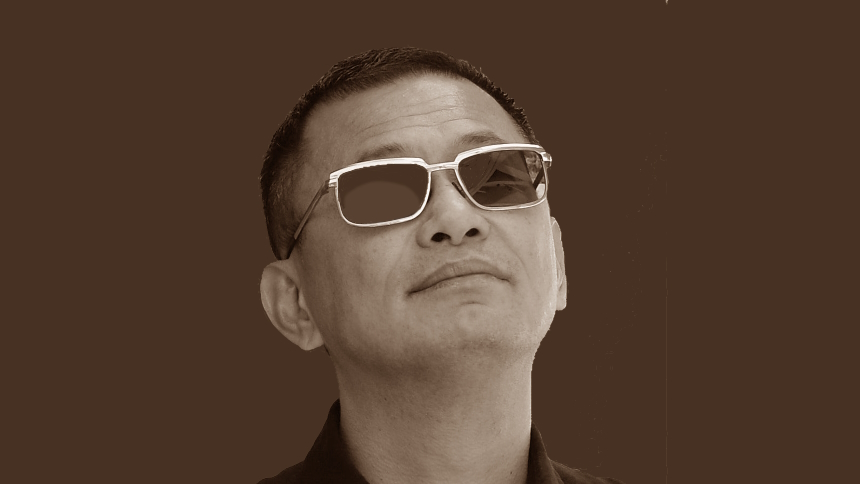Sound And Vision: Wong Kar-Wai

In the article series Sound and Vision we take a look at music videos from notable directors. This week we look at DJ Shadow's Six Days, directed by Wong Kar-Wai.
Nobody films yearning like Wong Kar-wai. The director of In the Mood for Love, Chung-king Express, Happy Together and 2046 is a romantic at heart, even if his characters dally around each other and might miss their chance. It is the longing and the idea of things lost and never found that is the foundation of his movies. It's the panache and style with which he pulls those stories about lovelorn lovebirds off that make them memorable, though. Helped with the lensing of D.O.P. Christopher Doyle, often one of the MVP's of his work, love Wong Kar-wai-style is lush, color-ful, fashionable, nostalgic and cool as fuck. It says something that when the directorial team behind Everything Everywhere All At Once (The Daniels) needed cinematic short-hand for 'romance and elegance' in a segment about chances missed, they settled on an In the Mood for Love-parody.
If you want a pure unfiltered shot of Wong I will provide you with the Sound and Vision-entry of this week: Six Days by DJ Shadow. It shows everything Wong does well, in pocket size. DJ Shadow was a Wong-fan and reached out to him when scoping new directors for his favorite track of his then-new album The Private Press. Turns out Wong was a mutual fan. Given that The Private Press was DJ Shadow's sophomore album after his then-already classic seminal debut Endtroducing, a lot of it was riding on the singles and the video. And Wong delivers.
Six Days is described as a story in which 'upon discovering his girlfriend has betrayed him, tries to destroy all traces of their relationship'. This is hard to gather from the imagery in the music video, which is much more intuitive and associative. Wong often obfuscates the fact that he deals in archetypical romances, by focusing on the minute details and striking symbolism. This is no different here. Even if the story details become fuzzy among the many quick shots in succession, there is a strong symbolism here that strengthens the feelings of a romance gone haywire: fire versus water and ice, warm versus cold colors. The undercurrent of kung-fu symbolism, even ending on a quote from Bruce Lee, as a metaphor for the sometimes volatile fights in passionate flings. The repetition of a number (426) as the lynchpin of the relationship: the sort of minute detail that locks itself into the mind and becomes a stand-in for a romantic connection, the lovers even going as far as tattooing the number on their body.
On wikipedia someone suggests that 426 might be a reference to Wong's then own upcoming 2046. I'm not necessarily seeing it, but given that the music video ends on a quote of Hong-Kong-stalwart Bruce Lee ('The Possession of anything begins in the mind') might we see this music video and the central relationship as a metaphor for the political situation in Hong Kong? And a metaphor for the question who claims ownership, just like 2046 used romance as a big metaphor for the political turmoil there and the upcoming end-date of the self-regulation of Hong-Kong as established by the British in 1997. I am slightly speculating based on a random person's suggestion on wikipedia, and in my opinion it is probably a bit of a stretch. But the fact that you can read a lot of depth in this music video, that is, when push comes to shove, a collection of striking iconography, says something about the strengths of Wong. He finds the right balance between the subjective and the universal, the specific and the archetypical. And he makes it look fucking good and effortless.







